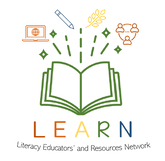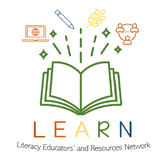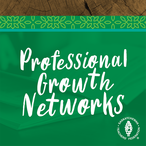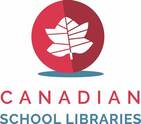Gallery of Inquiry - Webinars
|
Teacher-librarians Constructing Understanding through Inquiry, a partnership between the Ministry of Education and the Saskatchewan School Library Association (SSLA), offered a live webinar series focused on inquiry:
|
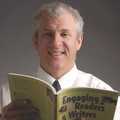
Presenter: Dr. Jeffrey Wilhelm
Biography: Dr. Wilhelm has several of his books referenced in the Core and Additional Learning Resources lists for English Language Arts at the Elementary and Middle levels. He is a professor of English Education at Boise State University. Overview: Dr. Jeffrey Wilhelm discusses the importance of motivation, the FLOW experience, and the 6Ms of the apprenticeship model of inquiry teaching. Archived Webinar: Preparing for Inquiry Archived Webinar Handout: Preparing for Inquiry Handout |
In the Preparing for Inquiry Webinar, Dr. Wilhelm talks about:
|
In the Preparing for Inquiry Handout, Dr. Wilhelm includes:
|

Presenter: Dr. Jeffrey Wilhelm
Biography: Dr. Wilhelm has several of his books referenced in the Core and Additional Learning Resources lists for English Language Arts at the Elementary and Middle levels. He is a professor of English Education at Boise State University. Overview: Dr. Jeffrey Wilhelm discusses frontloading and instructional sequencing of learning tied to curricular outcomes, conceptual and procedural goals, and links to assessment Archived Webinar: Planning for Inquiry Archived Webinar Handout: Planning for Inquiry Handout |
In the Planning for Inquiry Webinar, Dr. Wilhelm talks about:
|
In the Planning for Inquiry Handout, Dr. Wilhelm includes:
|
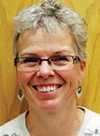
Presenter: Cheryl Erlandson
Biography: Cheryl Erlandson is the Director of the Saskatchewan Professional Development Unit at the Saskatchewan Teachers’ Federation. In her role at SPDU, Cheryl creates professional development resources and activities that focus on professional growth of teachers and supports for student learning. Prior to joining SPDU, Cheryl was a Middle Level teacher with the Saskatoon Public School Division for 16 years. As well, she has been a sessional lecturer at the University of Saskatchewan instructing classes on student assessment and children’s literature. Cheryl has offered presentations on assessment in Alberta, British Columbia, P.E.I.,and Nova Scotia. She has published articles in Assessing Students’ Ways of Knowing; the Middle School Journal; Our Schools/Our Selves and is a regular contributor to the Saskatchewan Bulletin. Overview: In order to assess classroom inquiry, teachers must have clear expectations of what students will need to know and be able to do. Cheryl Erlandson demonstrates how develop criteria for inquiry in different subject areas and then use those criteria for assessment purposes. Archived Webinar: Assessing Inquiry Archived Webinar Handout: Assessing Outcomes in the Inquiry Context Handout |
In the Assessing Inquiry Archived Webinar, Ms. Erlandson talks about:
|
In the Assessing Outcomes in the Inquiry Context Handout, Ms. Erlandson includes:
|

Presenter: Carlene Walter
Biography: Carlene Walter is a technology consultant with Saskatoon Public Schools. She was previously a teacher-librarian for more than ten years. Carlene provides leadership in school libraries as President of the Saskatchewan School Library Association and the provincial lead for the national development of school library standards. Overview: Inquiry can be enriched through the use of technology and web-based tools. Educators can facilitate aspects of the inquiry project using technology for a variety of purposes within an inquiry such as developing questions, information seeking, reflecting, documenting, assessing, and presenting learning. Carlene Walter demonstrates how purposeful technology enables engaging, authentic experiences where students collaborate, communicate, and share their learning locally and globally. Archived Webinar: Bringing Inquiry To Life Archived Webinar Handout:Bringing Inquiry to Life Chart |
In the Bringing Inquiry To Life Archived Webinar, Carlene Walter talks about technologies which can be used to foster and deepen inquiry:
|
In the Bringing Inquiry to Life Chart, Ms. Walter includes technologies which can be used throughout the inquiry.
|
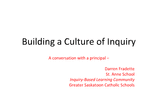
Presenter: Darren Fradette
Biography: Darren Fradette principal of St. Anne’s School with Greater Saskatoon Catholic Schools. Overview: The webinar presents the background of St. Anne’s Inquiry-based Learning Community and the reflections of the staff of the school as they build a culture of inquiry Archived Webinar: Building A Culture of Inquiry |
Darren Fradette, principal of St. Anne’s School Inquiry-based Learning Community, provides a webinar presentation on the background of St. Anne’s Inquiry-based Learning Community and the reflections of the staff of the school as they build a culture of inquiry:
|
